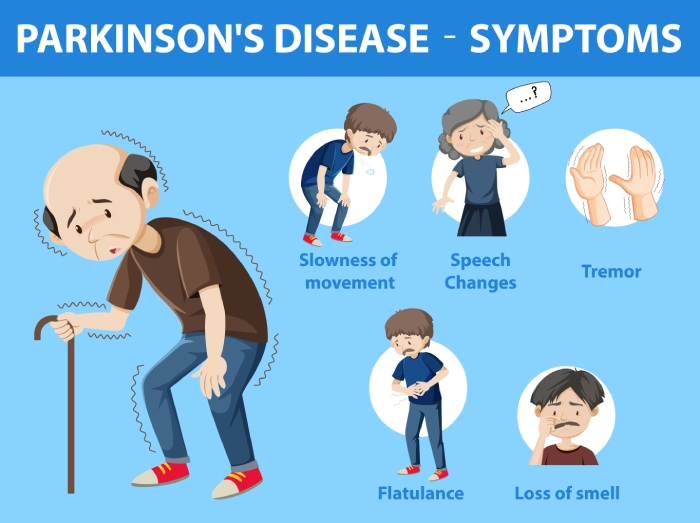Breast Cancer Treatment: Evaluating Dietary and Supplemental Interventions
Breast cancer (BRC), particularly the estrogen/progesterone receptor-positive type, is the most prevalent form of the disease among women. The primary treatment for this type of cancer involves endocrine therapy, which includes the use of aromatase inhibitors or tamoxifen to lower estrogen levels. While effective, these treatments often come with side effects, the most common being aromatase inhibitor-induced arthralgia, which significantly impacts patients’ quality of life (QoL).
This article examines the role of dietary modifications, supplements, and specific food components in improving health outcomes for BRC patients undergoing endocrine therapy. A comprehensive literature search was conducted across PubMed, Scopus, and Web of Science from June 2024 through November 2024. The search focused on studies involving women diagnosed with estrogen/progesterone receptor-positive BRC, specifically those reporting interventions related to diet, food, or supplement intake and their effects on health outcomes. Studies not centered on BRC patients undergoing endocrine therapy or lacking specific health outcome data were excluded.
From an initial pool of 1028 studies, duplicates and irrelevant entries were removed, leaving 53 studies for closer examination. Of these, 26 were evaluated and summarized in this review. The key outcomes assessed included changes in bone and body composition, cardiovascular disease risks, inflammation, and QoL.
Key Findings
1. Dietary Patterns: Adherence to specific dietary patterns, such as the Mediterranean diet or a low-fat diet, was associated with positive health outcomes. A higher intake of fruits and vegetables also showed benefits across multiple metrics.
2. Supplementation: Certain supplements and food components, such as dried plum and red clover, were found to improve or maintain bone and body composition, particularly in overweight or obese patients.
3. Vitamin D and Omega-3: Supplementation with vitamin D or omega-3 fatty acids improved lipid profiles, angiogenic parameters, and overall QoL.
Despite these promising results, the diversity in study designs, patient demographics, and supplement dosages makes it challenging to draw definitive conclusions. Further research is needed to explore the effects of emerging nutritional interventions, such as fasting-mimicking diets and whole-grain cereal diets, on various health outcomes in BRC survivors during endocrine therapy.
Commentary by SuppBase Columnist Alice Winters

The intersection of breast cancer treatment and nutritional science is a rapidly evolving field, and this review provides valuable insights into the potential benefits of dietary and supplemental interventions for patients undergoing endocrine therapy. However, several critical points warrant further discussion.
1. Dietary Patterns and Their Impact
The emphasis on the Mediterranean diet and low-fat diets aligns with broader nutritional research, which consistently highlights the benefits of plant-based, nutrient-dense foods. These diets are rich in antioxidants, fiber, and healthy fats, which may help mitigate inflammation and improve cardiovascular health—both of which are crucial for BRC patients. However, the review does not delve deeply into the mechanisms by which these diets exert their effects. For instance, how do polyphenols in fruits and vegetables interact with hormonal pathways affected by endocrine therapy? A deeper exploration of these mechanisms would strengthen the argument for specific dietary recommendations.
2. Supplementation: Promising but Complex
The findings on dried plum and red clover are intriguing, particularly their role in maintaining bone health. Osteoporosis is a known side effect of aromatase inhibitors, making bone health a critical concern for BRC patients. However, the review does not address potential interactions between these supplements and endocrine therapy drugs. For example, red clover contains phytoestrogens, which could theoretically interfere with estrogen suppression. This raises questions about the safety and appropriateness of such supplements for this patient population.
Similarly, while vitamin D and omega-3 supplementation showed positive effects on lipid profiles and QoL, the optimal dosages remain unclear. Over-supplementation of vitamin D, for instance, can lead to hypercalcemia, while excessive omega-3 intake may increase bleeding risk. These nuances are essential for developing safe and effective supplementation guidelines.
3. The Need for Standardized Research
The review rightly points out the heterogeneity in study designs and patient populations as a limitation. This variability makes it difficult to compare results and draw universal conclusions. Future research should prioritize randomized controlled trials (RCTs) with standardized protocols to isolate the effects of specific interventions. Additionally, longitudinal studies are needed to assess the long-term benefits and risks of dietary and supplemental interventions in BRC patients.
4. Emerging Interventions: A Glimpse into the Future
The mention of fasting-mimicking diets and whole-grain cereal diets is particularly exciting. Fasting-mimicking diets, which involve periodic calorie restriction, have shown promise in preclinical studies for enhancing the efficacy of cancer treatments and reducing side effects. However, their application in BRC patients undergoing endocrine therapy remains underexplored. Similarly, whole-grain cereals, rich in fiber and bioactive compounds, could offer synergistic benefits when combined with endocrine therapy. These emerging interventions represent fertile ground for future research.
5. Practical Implications for Patients
While the review provides a solid foundation, it could benefit from a more practical perspective. For instance, how can patients realistically incorporate these dietary and supplemental interventions into their daily lives? Are there specific recipes, meal plans, or supplement brands that align with the findings? Providing actionable advice would enhance the review’s relevance and utility for patients and caregivers.
6. Environmental and Ethical Considerations
Finally, the review does not address the environmental and ethical implications of the recommended interventions. For example, the Mediterranean diet, while beneficial, often relies on seafood, which raises concerns about overfishing and sustainability. Similarly, the production of certain supplements may have a significant environmental footprint. Incorporating these considerations into dietary recommendations would align with the growing consumer demand for sustainable and ethical health products.
Conclusion
This review underscores the potential of dietary and supplemental interventions to improve health outcomes for BRC patients undergoing endocrine therapy. However, the field is still in its infancy, and much remains to be explored. Future research should focus on standardizing study designs, elucidating mechanisms of action, and addressing practical, environmental, and ethical considerations. For now, patients should approach these interventions with caution, consulting healthcare professionals to tailor recommendations to their individual needs and circumstances.
By combining rigorous science with practical insights, we can empower BRC patients to make informed decisions about their health and well-being, ultimately enhancing their quality of life during and after treatment.



